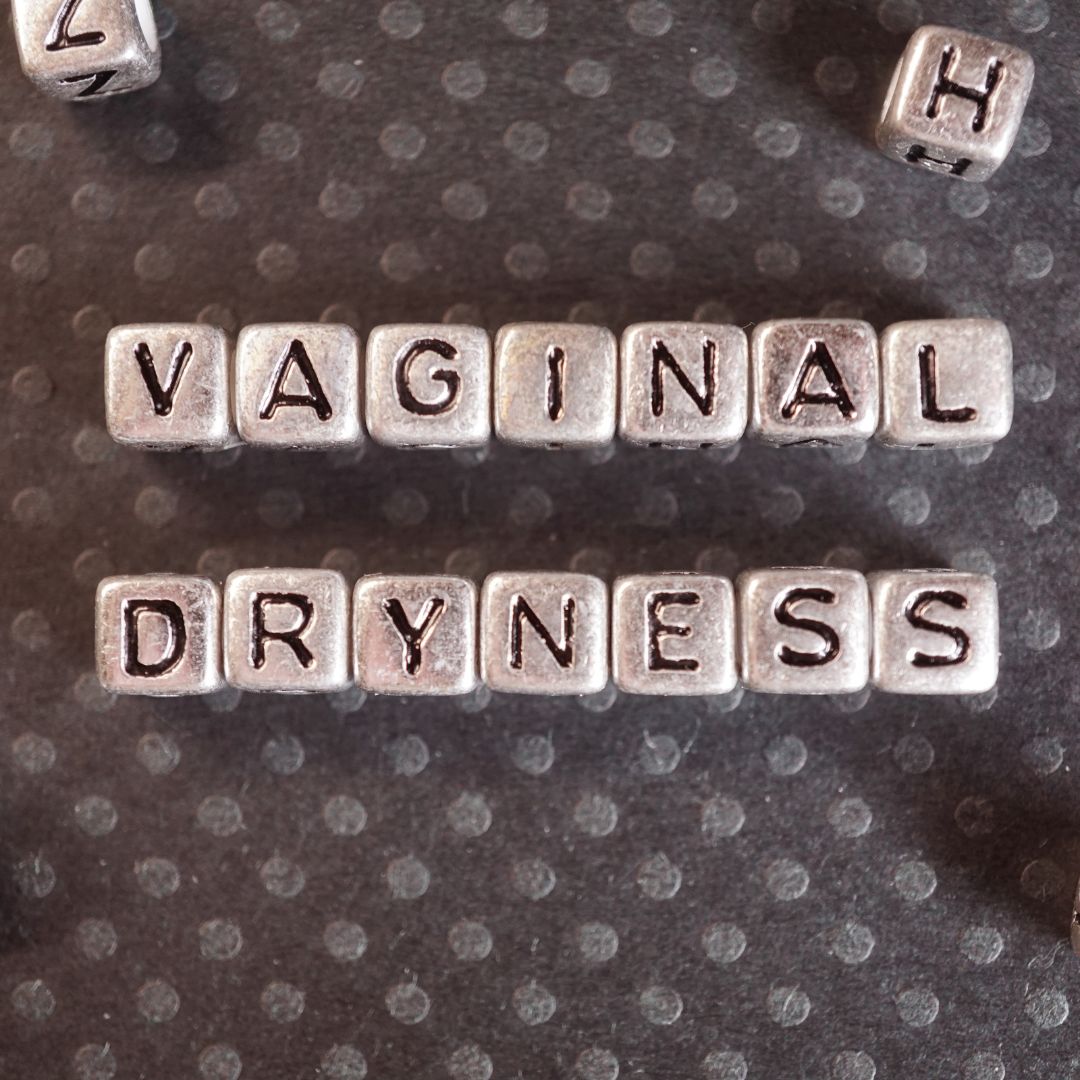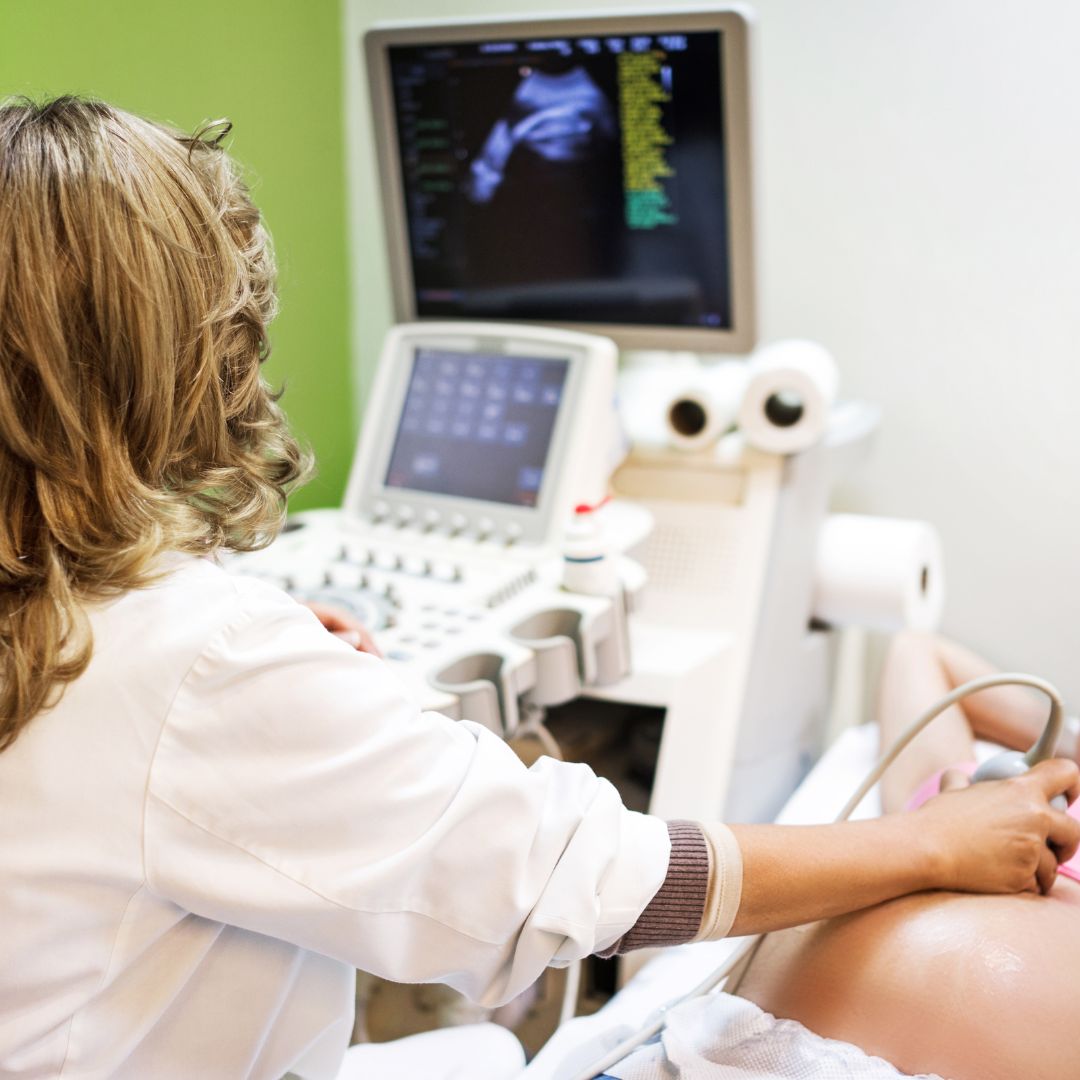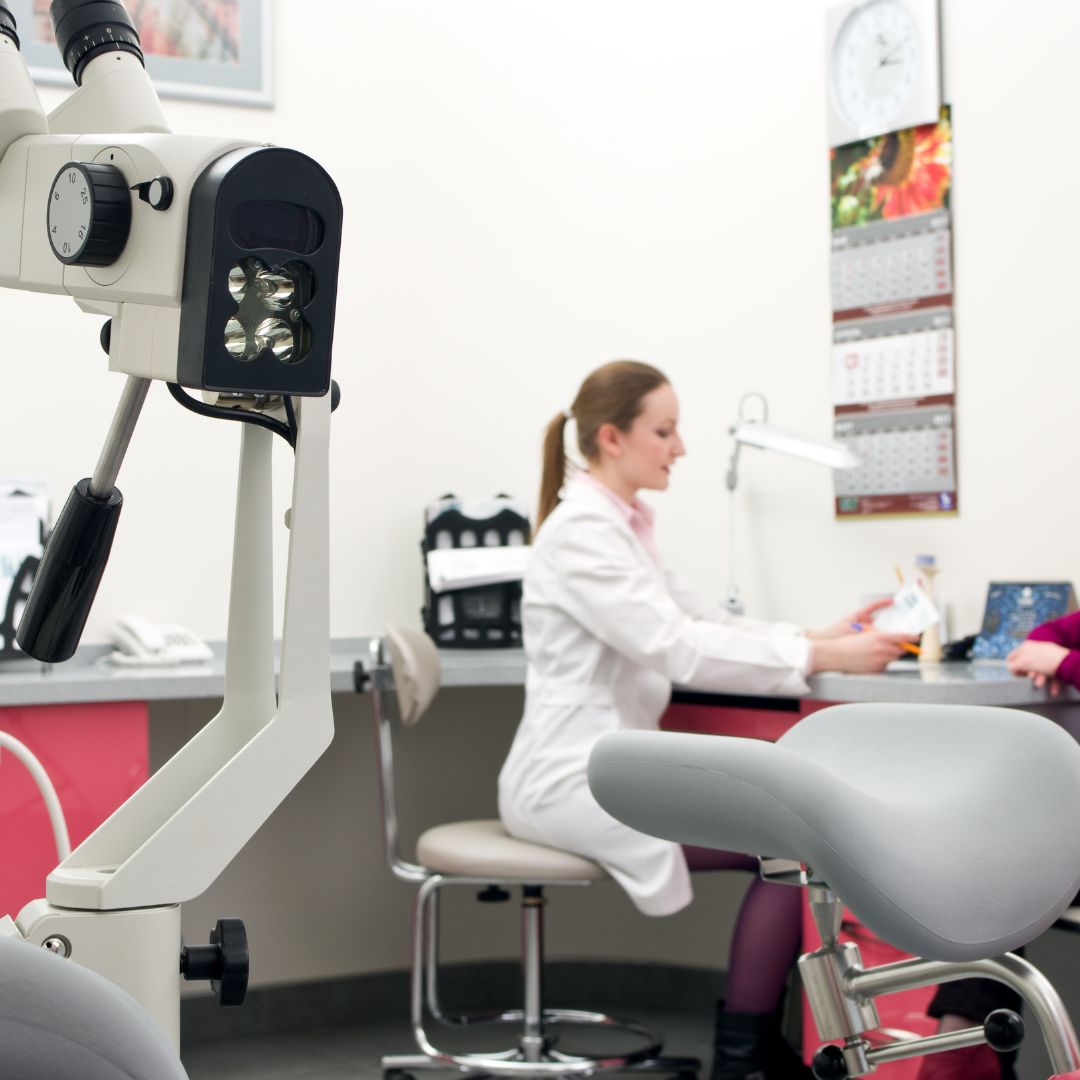What are the common gynecological problems?

“What are the common gynecological problems?”. Women’s bodies are constantly changing throughout their lives, making them susceptible to a variety of gynecological problems. Some of these problems are common and occur during specific life stages, such as puberty or menopause. Others can happen at any time and may be the result of an infection or other underlying health condition. In this article, we will take a look at some of the most common gynecological problems and how they can be treated.
What are the common gynecological problems?
Gynecological problems are very common, especially among women of childbearing age. The most common problems include:
- pelvic pain
- menstrual irregularities
- uterine fibroids
- endometriosis
- ovarian cysts
- pelvic inflammatory disease (PID)
- sexually transmitted infections (STIs)
These problems can often be treated effectively with medication or surgery. However, some women may experience chronic or recurrent gynecological problems that can be difficult to manage.

When to See a Doctor for a Gynecological Problem
There’s no need to feel embarrassed about seeing a doctor for a gynecological problem. Gynecological problems are extremely common, and most women will experience at least one at some point in their lives. Here are some of the most common gynecological problems, and when you should see a doctor for them.
- Vaginal discharge: This is normal and healthy! Every woman has a discharge, and it changes throughout her menstrual cycle. However, if you notice a sudden change in the amount, color, or smell of your discharge, it could be a sign of an infection. See a doctor if you’re concerned.
- Painful periods: Many women have cramps or other period pains. If the pain is severe enough to interfere with your daily activities, however, it might be a sign of endometriosis. See a doctor rule this out.
- Irregular periods: Periods can become irregular for many reasons, including stress or changes in your diet or exercise habits. If your periods suddenly become very irregular or stop altogether, however, it could be a sign of something more serious like polycystic ovarian syndrome (PCOS). See a doctor to get checked out.
- Pelvic pain: This is a very common symptom, and there are many possible causes. If the pain is severe, however, or if it lasts for more than a few days, see a doctor rule out anything serious.
- Vaginal itching or burning: These are both common symptoms of a yeast infection. If you’re experiencing either of these, it’s a good idea to see a doctor so you can get treated.Learn more about
How do I talk to my gynecologist?
Pelvic pain
pelvic pain is a common gynecological problem that can have a variety of causes. Pelvic pain can be acute (short-term) or chronic (long-term). It can be felt an as sharp, dull, or aching pain in the lower abdomen or pelvis. The pain may also radiate to the low back, buttocks, or thighs.
There are many possible causes of pelvic pain, including endometriosis, ovarian cysts, uterine fibroids, and pelvic inflammatory disease. In some cases, the cause of pelvic pain is unknown.
Treatment for pelvic pain depends on the underlying cause. Some treatments include over-the-counter pain relievers, hormone therapy, surgery, and/or lifestyle changes.
Endometriosis
Endometriosis is one of the most common gynecological problems. It is a condition in which tissue that normally lines the inside of the uterus grows outside of the uterus. This can cause pain, bleeding, and other problems. Endometriosis is most common in women in their 30s and 40s, but it can occur at any age. There is no cure for endometriosis, but treatments are available to help relieve symptoms.
Ectopic Pregnancy
An ectopic pregnancy is a pregnancy that occurs outside of the uterus. This can be dangerous for the mother and the baby. Ectopic pregnancies most often occur in the fallopian tubes, but they can also occur in the ovary, cervix, or abdomen. If you have an ectopic pregnancy, you will need treatment right away.
Uterine fibroids
There are many different types of gynecological problems that women can face, but one of the most common is uterine fibroids. Fibroids are non-cancerous growths that develop in the uterus and can cause a variety of symptoms like heavy bleeding, pain, and even infertility. While there is no one cause of fibroids, they tend to be more common in women who are over the age of 30 and who have a family history of the condition. Treatment for fibroids typically involves medication or surgery, depending on the severity of the case.
Ovarian cysts
Ovarian cysts are one of the most common gynecological problems. They are usually benign, but can occasionally be cancerous. Cysts can cause a variety of symptoms, including pain during intercourse, pelvic pain, and bloating. If you experience any of these symptoms, it is important to see your doctor for an evaluation.
- Endometriosis
Endometriosis is a condition in which the tissue that lines the uterus grows outside of the uterus. This can cause pain, irregular bleeding, and infertility. If you experience any of these symptoms, it is important to see your doctor for an evaluation.
- Cervical cancer
Cervical cancer is a type of cancer that occurs in the cervix, which is the lower part of the uterus. Cervical cancer is usually slow-growing and can be detected early with routine Pap smears. However, if it is not detected early, it can spread to other parts of the body and become life-threatening. If you experience any abnormal bleeding or discharge from your vagina, it is important to see your doctor for an evaluation.
Vaginal discharge
One of the most common gynecological problems that women experience is vaginal discharge. This can be a normal and healthy part of a woman’s physiology, but it can also be a symptom of an underlying infection or other issues. If you’re experiencing abnormal vaginal discharge, it’s important to see your doctor get a proper diagnosis and treatment.
Vaginal itching or burning is another common gynecological problem. These symptoms can be caused by a number of different conditions, including yeast infections, bacterial vaginosis, trichomoniasis, and vulvodynia. If you’re experiencing either of these symptoms, it’s important to see your doctor so you can get a proper diagnosis and treatment.

Pelvic floor disorders
There are many different types of pelvic floor disorders, and they can affect women of all ages. The most common symptoms include urinary incontinence, pelvic pain, and difficulty emptying the bladder or bowel. Pelvic floor disorders can also cause sexual dysfunction.
Treatment for pelvic floor disorders depends on the individual woman and the severity of her symptoms. In some cases, simple lifestyle changes, such as losing weight or avoiding constipation, may be enough to alleviate symptoms. Other women may need medication or surgery.
If you think you may have a pelvic floor disorder, talk to your doctor. He or she can help you determine the best course of treatment for your individual situation.
Symptoms of Common Gynecological Problems
There are many different types of gynecological problems that women can experience. Some of the more common problems include:
- Irregular periods: This is a very common problem, and can be caused by a variety of factors such as stress, weight gain or loss, and changes in hormone levels. If you are concerned about irregular periods, talk to your doctor to see if there is anything that can be done to help regulate them.
- Painful periods: Many women experience some pain during their period, but for some, the pain can be so severe that it interferes with their daily activities. If you are experiencing severe period pain, talk to your doctor about possible treatments.
- PMS: Premenstrual syndrome (PMS) is a collection of symptoms that occur in the days leading up to a woman’s period. Symptoms can include mood swings, irritability, bloating, and fatigue. If you are struggling with PMS, talk to your doctor about ways to manage the symptoms.
- Endometriosis: This is a condition in which the tissue that lines the inside of the uterus grows outside of the uterus. Endometriosis can cause severe pain, irregular bleeding, and infertility. If you think you may have endometriosis, talk to your doctor about possible treatments.
- Polycystic ovarian syndrome (PCOS): PCOS is a hormonal disorder that can cause irregular periods, weight gain, acne, and excess hair growth. If you have PCOS, talk to your doctor about ways to manage the symptoms.
- STD: Sexually transmitted diseases (STDs) are infections that are spread through sexual contact. STDs can cause a variety of symptoms including pain, itching, and discharge. If you think you may have an STD, it is important to see a doctor so that you can be treated and avoid passing the infection on to others.
Causes of Common Gynecological Problems
Gynecological problems can have many different causes. Some common causes of gynecological problems include:
- Hormonal imbalances: Hormonal imbalances can cause a variety of gynecological problems, such as irregular periods, PMS, and menopause.
- Infections: Infections, such as STDs or pelvic inflammatory disease, can cause gynecological problems.
- Structural abnormalities: Structural abnormalities, such as uterine fibroids or endometriosis, can cause gynecological problems.
- Cancer: Cancer of the ovaries, uterus, or cervix can cause gynecological problems.
If you are experiencing any gynecological problems, it is important to see a doctor find out the cause.

Treatment of Common Gynecological Problems
There are many different types of gynecological problems that women can suffer from. Some of the more common ones include:
- Endometriosis: This is a condition where the tissue that lines the uterus grows outside of the uterus. This can cause severe pain and bleeding during menstruation.
- Fibroids: These are non-cancerous growths that can develop in the uterus. They can cause heavy bleeding, pain, and pressure.
- Pelvic Inflammatory Disease: This is an infection of the reproductive organs. It can cause pain, fever, and inflammation.
- Polycystic Ovarian Syndrome: This is a hormonal disorder that can cause irregular periods, weight gain, and fertility problems.
If you are suffering from any of these problems, it is important to see a gynecologist so that you can get the proper treatment.
Diagnosis of gynecological problems
There are a number of common gynecological problems that can be diagnosed by your doctor. Some of the most common problems include:
- Endometriosis
- Ovarian cysts
- Uterine fibroids
- Pelvic inflammatory disease
- Polycystic ovarian syndrome
- Vaginal yeast infections

Prevention of gynecological problems
There are many different gynecological problems that can occur, but there are some common ones that women experience. Many of these problems can be prevented with proper care and attention. Here are some tips on how to prevent common gynecological problems:
- Avoid douching. Douching can actually increase your risk of developing gynecological problems. It can upset the natural balance of good bacteria in your vagina, which can lead to infection. If you must douche, use a mild, unscented solution.
- Wipe from front to back after using the bathroom. This will help prevent the spread of bacteria from your anus to your vagina.
- Wear cotton underwear. Cotton is a breathable fabric that helps keep your vagina dry and free of moisture, which can reduce your risk of developing yeast infections or other problems.
- Avoid tight-fitting clothing. Tight clothing can trap moisture and heat against your skin, which can lead to yeast infections or other problems. Choose loose-fitting clothing made from breathable fabrics instead.
- Practice good hygiene. Be sure to wash your vulva and vagina daily with warm water and mild soap. Also, make sure to wipe properly after using the toilet.
- See your doctor for regular checkups. Regular checkups can help your doctor spot any problems early on when they’re easier to treat.
Conclusion
There are many common gynecological problems that women can suffer from, such as endometriosis, PCOS, and fibroids. While some of these conditions can be resolved with medication or surgery, others may require more long-term management. It is important to see a doctor if you think you may be suffering from any of these conditions so that you can get the treatment you need. Visit for more information. https://bestgynaecologists.com